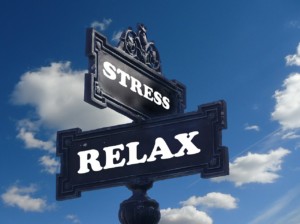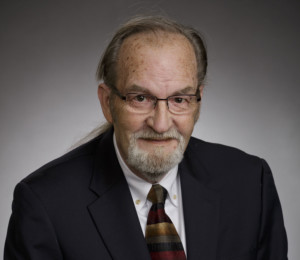 April 13 – We are in an era of a pandemic, fostering anxiety and distress. We are worried about our families, ourselves and our country. We may be experiencing growing concerns over the safety of you, your loved ones, extended families, finances, and the challenges of work, and it may even feel overwhelming.
April 13 – We are in an era of a pandemic, fostering anxiety and distress. We are worried about our families, ourselves and our country. We may be experiencing growing concerns over the safety of you, your loved ones, extended families, finances, and the challenges of work, and it may even feel overwhelming.
There may be periods of racing thoughts, jumping back and forth in time, and thinking of roads not taken. Thoughts, wondering about changes in your lives and the future. Uncertainty of the future, depending on the state of current situations with questions of how they might affect and effect changes.
Isolating and social distancing has disrupted our routines, and we are no longer able to socialize as usual with people about whom we care. Social activities have become limited; movie theaters remain closed; only discretionary shopping seems to be allowable. We are also not leaving home to go to school or work, and for parents with children at home, adjusting to the work-from-home and home-schooling can be tedious.
When we experience or hear of traumas, the need to make preparations arise. Therefore we need to develop skills to increase our ability to relax and focus on more positive aspects of life, breaking the chains of stress and the tensions of anxiety.
One way is learning how to relax by using this simple method:
1. Find a comfortable chair
2. Settle in and get comfortable
3. Begin to count slowly
1. “roll your eyes up to the top of your head.”
2. “close your eyes and take a deep breath.”
3. “exhale slowly close your eyes,
and totally and completely relax.” Do this for about 30 seconds to a minute. Begin counting backward, from ten. At one, take a deep breath and as you exhale, come fully awake and alert.
We may be experiencing one of the biggest public health crisis since the 1918 pandemic of the Spanish flu. Be assured we, too, will come through it. Life will get better! For now, we need to encourage each other to hold on to hope, pray, and use relaxation techniques and guided imagery to aid with anxieties, worries, stresses, and other related issues. We need to give our minds and bodies periods of relaxation and recovery, and ultimately, we can and will calm our minds and persevere.
We will survive, hang in there. We are in this together.
Until later, stay safe,
Richard McWhorter, Ph.D.
Assistant Professor of the Practice
rlmcwhorter@pvamu.edu

